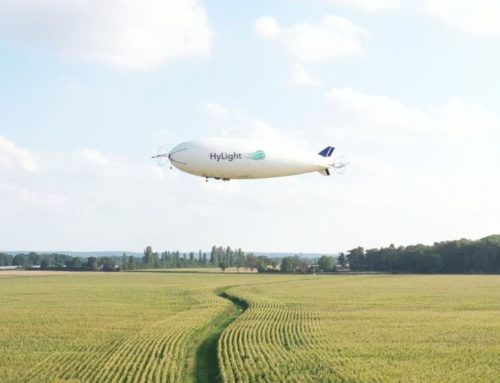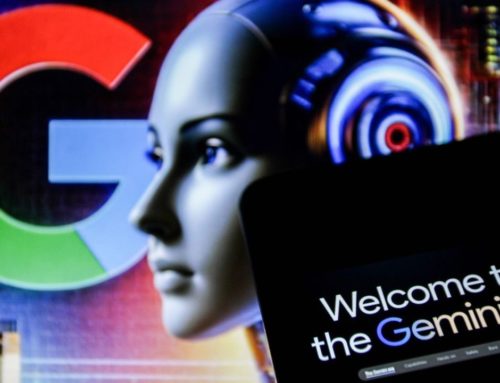Even the big industrial labs, with the resources to design the largest, most complex systems, have signaled alarm. When Facebook attempted to replicate AlphaGo, the system developed by Alphabet’s DeepMind to master the ancient game of Go, the researchers appeared exhausted by the task. The vast computational requirements—millions of experiments running on thousands of devices over days—combined with unavailable code, made the system “very difficult, if not impossible, to reproduce, study, improve upon, and extend,” they wrote in a paper published in May. (The Facebook team ultimately succeeded.)
The AI2 research proposes a solution to that problem. The idea is to provide more data about the experiments that took place. You can still report the best model you obtained after, say, 100 experiments—the result that might be declared “state of the art”—but you also would report the range of performance you would expect if you only had the budget to try it 10 times, or just once.
The point of reproducibility, according to Dodge, isn’t to replicate the results exactly. That would be nearly impossible given the natural randomness in neural networks and variations in hardware and code. Instead, the idea is to offer a road map to reach the same conclusions as the original research, especially when that involves deciding which machine-learning system is best for a particular task.
Sourced through Scoop.it from: www.wired.com







Leave A Comment